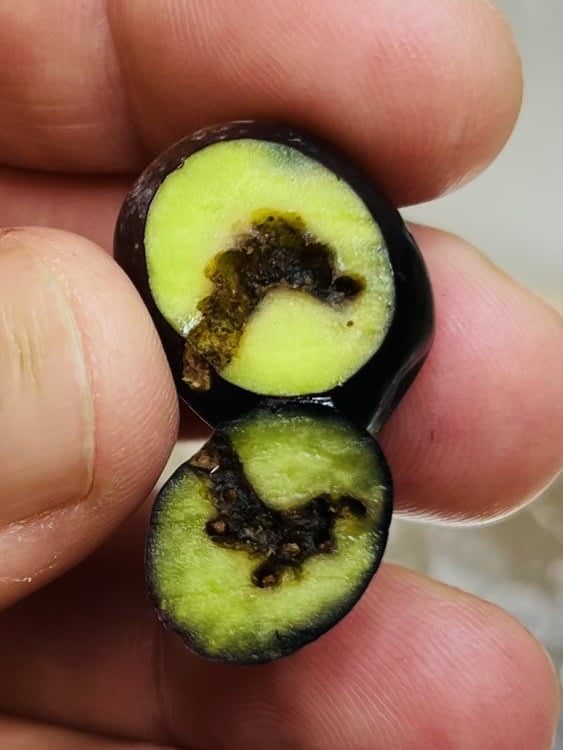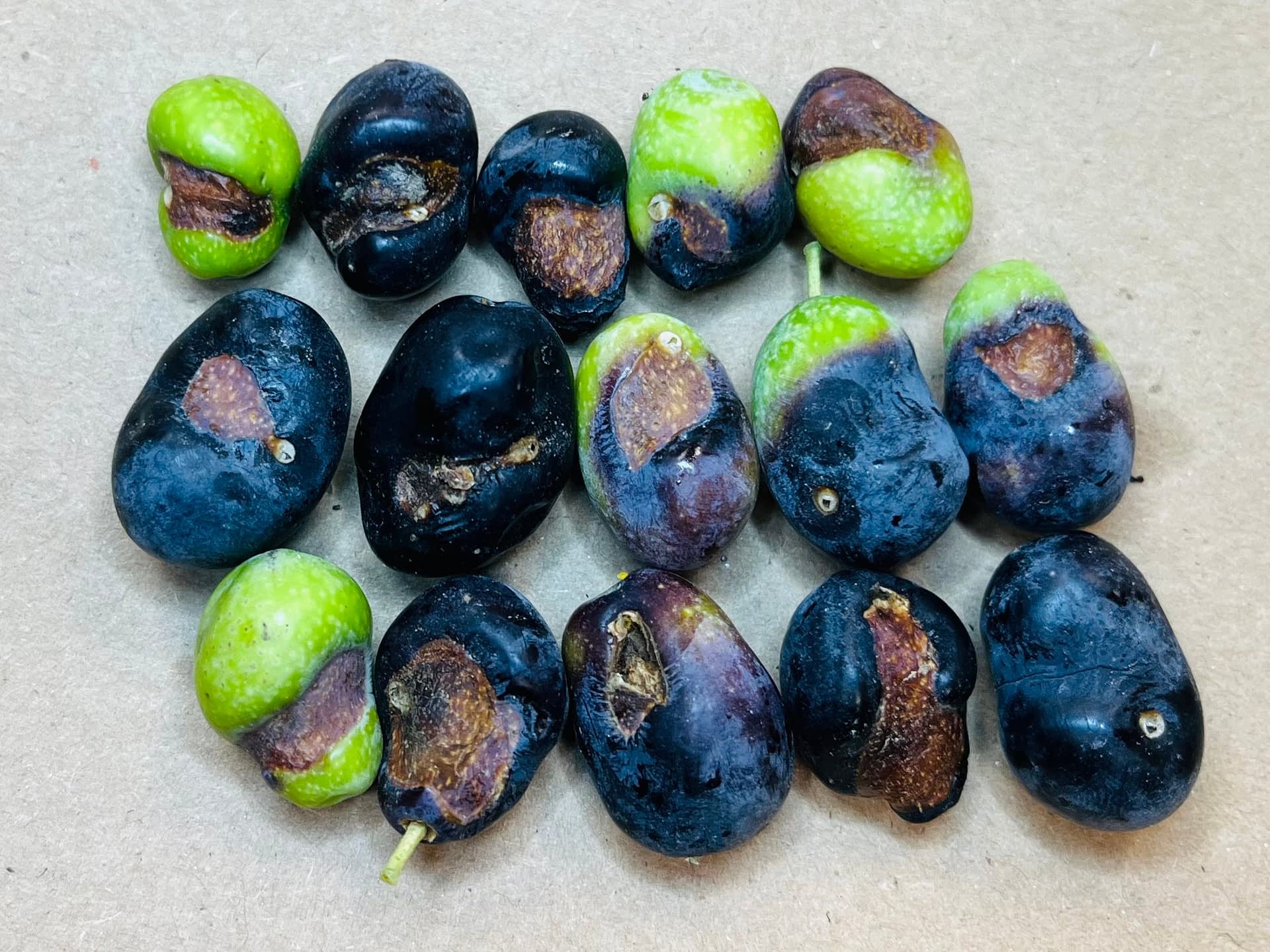“Olive fruit fly, in [California’s] North Coast, is the biggest insect pest problem for olive growers,” Cindy Kron, an integrated pest management advisor for the University of California Cooperative Extension, told Olive Oil Times.
Along with her colleague, Bob VanSteenwyk, Kron has conducted IR‑4 projects on olives for olive fruit flies in 2020, 2022 and 2023. The IR‑4 Project helps specialty crop growers address pest management concerns.
The project aims to help growers produce healthy fruits, vegetables and other crops, such as olives, for a healthy diet. IR‑4 projects center around two core programs food crops and environmental horticulture.
See Also:Uptick in Olive Fruit Fly Infestations Reported in AndalusiaThe crop protection industry typically focuses on major crops, leaving specialty crop growers with fewer tools for managing pests effectively. The IR‑4 Project develops data necessary for registering effective and safe management solutions, working with the United States Environmental Protection Agency.
”Olive fruit fly is an invasive species that lays their eggs in the olive fruit, “Kron said. “The larvae emerge and tunnel through the fruit as they eat the fruit and deposit frass (poop) along the way.”
The outcome of tunneling causes the fruit to rot, which results in off characteristics in the olive oil produced from infested fruit. This affects the quality and shelf life of the olive oil.

The outcome of olive fruit fly larva tunneling
“Olive fruit fly infestations in table olives make the fruit unmarketable,” Kron said. “No one wants rotten olives with insects in them. To prevent this infestation, growers seek alternatives such as insecticides.”
In areas of the world where the olive fruit fly is established and not controlled, the damage is extensive. Losses up to 80 percent can result from lower quantity and lower produce quality. In some varieties, the pest can destroy 100 percent of the crop.
According to the University of California’s integrated pest management program, “the expense of treatment and the likely crop damage have the potential for eliminating olive culture in home orchards or as a viable commercial industry in California.”
To apply a pesticide on a crop, the product must be registered for that specific crop.
“There are three products registered on olives,” Kron said. “Kaolin clay is a deterrent and has no insecticidal properties meaning that although the adults don’t like it, the applied product will not reduce the insect population numbers. There is one organic and one conventional pesticide registered on olives.”
One big concern about the repeated use of pesticides is that the insects develop a resistance to the product over time.
“When you apply the same mode of action (how a pesticide works) over and over again, the product can become not as effective,” Kron said. “Over time, you are selecting insects that have some kind of natural resistance, and the product will stop having the same efficacy when used.”
Integrative pest management (IPM) is a term used to describe pest control methods to manage pest damage safely and economically. To prevent product resistance from occurring, it is recommended in an IPM program to rotate modes of action.
Producers and growers are on the lookout for olive fruit flies. Visual inspection is a rigorous activity from pre-harvest investigations and throughout the summer.

Olives damaged by the olive fruit fly
The severity of the infestation typically determines management decisions for the olive fruit fly. Visually monitoring for maggots infesting fruit that has fallen from trees in late winter and spring can provide some indication of an overwintering fly population.
Specific traps such as McPhail, Olipe, or yellow sticky traps can be used to monitor adult fruit fly numbers.
“The problem is, we only have three products, of which only two have insecticidal properties,” Kron said. “This is not enough options to truly rotate modes of action, especially if you are an organic grower.”
In response to this problem, she and VanSteenwyk have conducted IR‑4 trials to test a range of insecticide products for efficacy in controlling olive fruit flies.
“We have a control and an industry-standard (conventional) in each trial so that we can see how the products that currently are not registered fare in comparison to what is currently available and what level of damage you’d expect from applying nothing,” Kron concluded.









